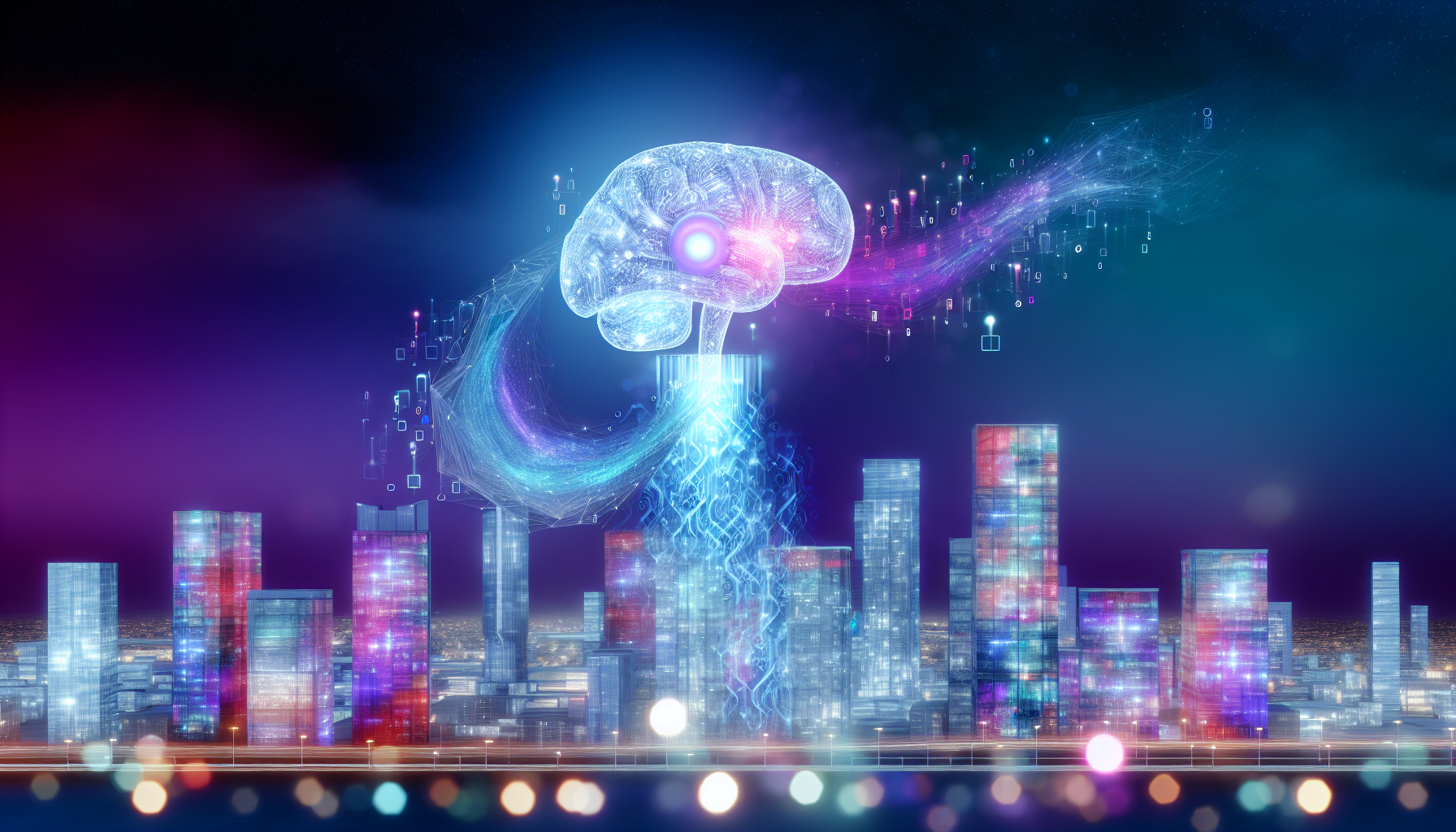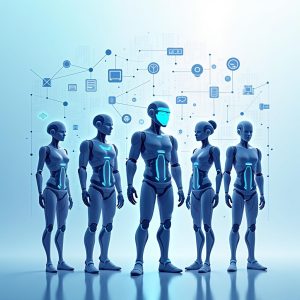The landscape of artificial intelligence is rapidly evolving, and software agents are emerging as powerful tools that are transforming how we interact with technology. These intelligent systems are designed to autonomously perform tasks, make decisions, and interact with users and other systems in increasingly sophisticated ways.
**What Are Software Agents?**
Software agents are intelligent programs that can operate independently, perceive their environment, and take actions to achieve specific goals. Unlike traditional software that requires constant human input, these agents can work proactively, adapting to changing conditions and learning from their experiences.
**Core Characteristics of Software Agents**
Software agents possess several key characteristics that distinguish them from conventional software:
1. Autonomy: They can operate without direct human intervention, making independent decisions based on their programming and learned experiences.
2. Reactivity: Agents can quickly respond to changes in their environment, adjusting their actions in real-time.
3. Proactivity: Rather than simply waiting for commands, these agents can take initiative to pursue goals and anticipate potential needs.
**Types of Software Agents**
The field of software agents encompasses various specialized types:
**Collaborative Agents**
These agents work together, sharing information and coordinating tasks across complex systems. They’re particularly useful in distributed computing environments, project management, and collaborative research platforms.
**Adaptive Learning Agents**
Leveraging machine learning algorithms, these agents continuously improve their performance by analyzing past interactions and outcomes. They can refine their decision-making processes and become more efficient over time.
**Intelligent Personal Assistants**
Perhaps the most familiar type, these agents like Siri, Alexa, and Google Assistant understand natural language, perform tasks, and provide personalized recommendations based on user preferences.
**Real-World Applications**
Software agents are revolutionizing multiple industries:
In healthcare, they assist in diagnosing diseases, analyzing medical images, and personalizing treatment plans. Financial institutions use them for fraud detection, algorithmic trading, and risk assessment. Customer service departments deploy chatbots that provide 24/7 support and resolve basic inquiries efficiently.
**Challenges and Ethical Considerations**
While promising, software agents also raise important questions about privacy, accountability, and potential biases. Ensuring transparent decision-making processes and preventing unintended consequences remains a critical research focus.
**Future Potential**
As artificial intelligence continues advancing, software agents are expected to become increasingly sophisticated. Future developments might include:
– More nuanced emotional intelligence
– Enhanced cross-platform interoperability
– Advanced predictive capabilities
– More seamless human-agent interactions
**Technological Infrastructure**
Developing robust software agents requires sophisticated technological infrastructure, including:
– Advanced machine learning algorithms
– Comprehensive data processing capabilities
– Secure communication protocols
– Scalable computational resources
**Conclusion**
Software agents represent a transformative approach to computing, bridging the gap between human intention and technological execution. As research progresses, these intelligent systems will likely become integral to solving complex problems across numerous domains, offering unprecedented levels of efficiency and personalization.
Understanding and embracing software agents will be crucial for professionals and organizations looking to stay competitive in an increasingly AI-driven world.



